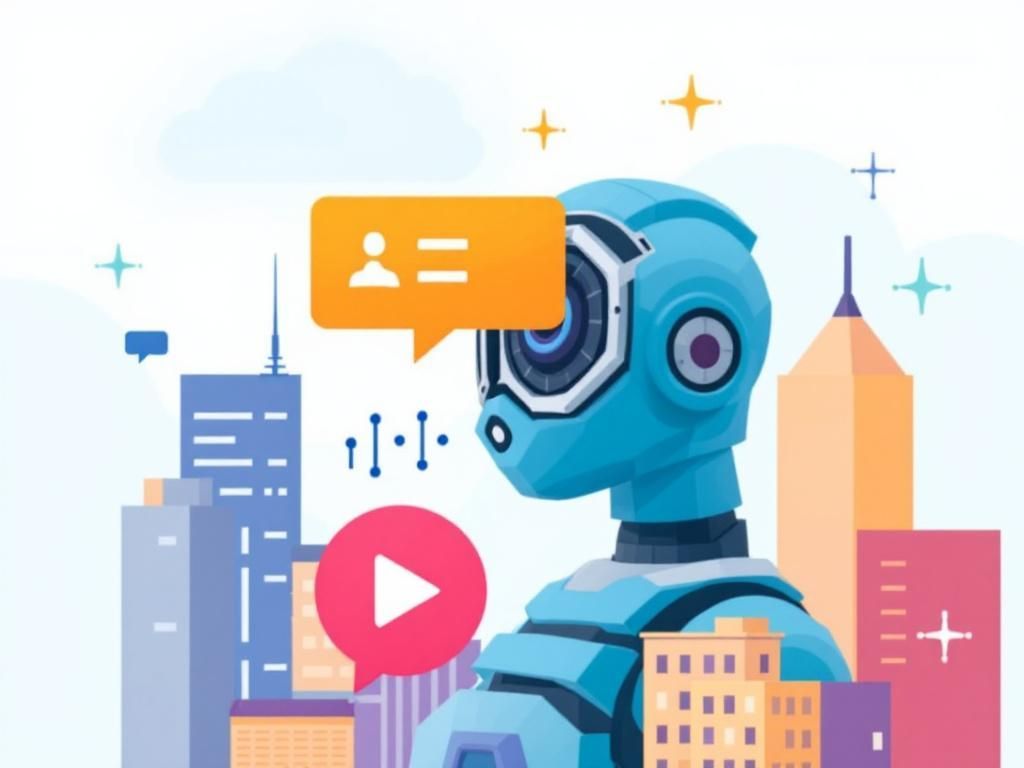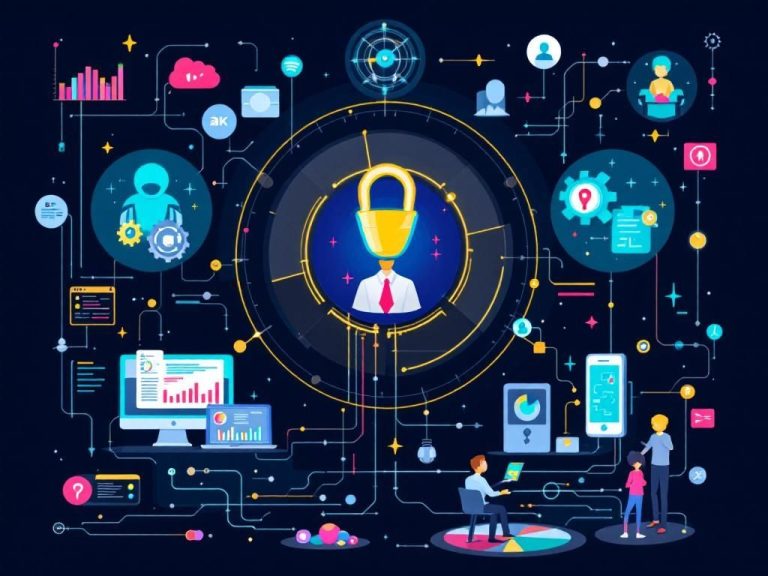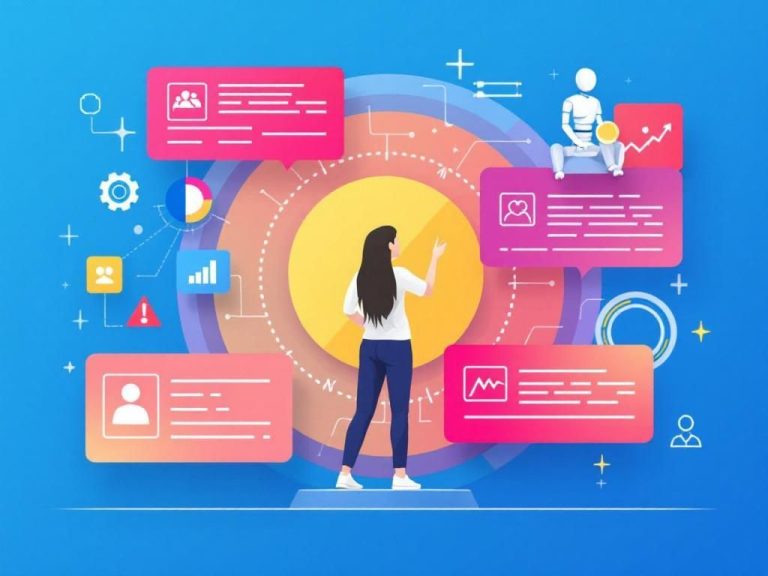In the rapidly evolving landscape of recruitment, traditional hiring methods are being challenged by the advent of cutting-edge technologies. Among these, Artificial Intelligence (AI) stands out as a transformative force, reshaping how organizations identify, evaluate, and engage talent. As companies strive to remain competitive in a talent-driven market, the integration of AI talent intelligence becomes not just an option but a necessity. This article delves deep into how AI is revolutionizing recruitment, its benefits, challenges, and future prospects.
The Role of AI in Recruitment
AI technology is increasingly being used across various stages of the recruitment process. Here are some pivotal areas where AI is making a significant impact:
- Resume Screening: AI algorithms can quickly parse through thousands of resumes, identifying the most relevant candidates based on specific criteria.
- Candidate Sourcing: AI tools can automate the sourcing of candidates from various platforms, expanding the talent pool significantly.
- Interview Scheduling: Chatbots and automated systems can handle scheduling interviews, thereby saving valuable time for recruiters.
- Predictive Analytics: AI can analyze historical hiring data to predict candidate success and cultural fit.
- Job Matching: AI can match candidates with suitable job openings based on their skills, experiences, and preferences.
Benefits of AI Talent Intelligence
Integrating AI in recruitment offers numerous advantages that can lead to enhanced hiring processes:
1. Increased Efficiency
Automating repetitive tasks allows recruiters to focus on strategic decision-making and candidate engagement. By minimizing administrative burdens, organizations can streamline their hiring processes.
2. Improved Candidate Quality
By utilizing data-driven insights, AI can help organizations identify high-quality candidates who might otherwise have been overlooked. This leads to better hiring decisions and reduced turnover rates.
3. Enhanced Diversity
AI systems can help eliminate unconscious bias from the recruitment process by focusing on skills and qualifications rather than demographic factors. This can promote a more diverse and inclusive workforce.
4. Cost Savings
By improving the speed and accuracy of the recruitment process, AI can significantly reduce hiring costs. Fewer resources spent on ineffective hiring leads to a better return on investment.
5. Data-Driven Insights
AI tools can provide valuable insights and analytics regarding candidate behavior, recruitment trends, and overall hiring effectiveness, enabling organizations to make informed decisions.
Challenges in Implementing AI in Recruitment
Despite the numerous advantages, integrating AI into recruitment processes is not without challenges:
1. Data Privacy Concerns
As AI systems process large amounts of personal data, organizations must navigate complex regulations and ensure the protection of candidate information.
2. Algorithmic Bias
If not carefully monitored, AI systems can perpetuate existing biases found in historical data, leading to unfair hiring practices.
3. Lack of Human Touch
Over-reliance on AI may lead to a depersonalized candidate experience. It is essential to strike a balance between technology and human interaction.
4. Implementation Costs
Initial setup and integration of AI systems can require significant investment, which may be a barrier for smaller organizations.
Future Trends in AI Recruitment
The future of AI in recruitment is bright, with several trends anticipated to shape its evolution:
1. Advanced Natural Language Processing (NLP)
Improvements in NLP will allow AI systems to understand and interpret candidate responses more accurately, enhancing interactions and assessments during the recruitment process.
2. AI-Powered Skill Assessments
Organizations are likely to adopt AI tools that can evaluate candidates’ skills through gamified assessments, which provide a more engaging and practical evaluation method.
3. Increased Use of Chatbots
Chatbots will become more sophisticated in handling candidate inquiries, scheduling interviews, and guiding applicants through the recruitment process, providing a seamless experience.
4. Integration with Employee Experience Platforms
The convergence of recruitment AI with employee experience platforms can create a more holistic view of talent management, from hiring to onboarding and retention.
Conclusion
The integration of AI talent intelligence is undeniably poised to revolutionize recruitment practices. By harnessing the power of AI, organizations can enhance efficiency, improve candidate quality, and foster diversity while navigating the challenges with strategic planning and ethical considerations. As the landscape continues to evolve, staying attuned to technological innovations will be crucial for organizations looking to attract and retain top talent in an increasingly competitive market.
FAQ
What is AI Talent Intelligence?
AI Talent Intelligence refers to the use of artificial intelligence technologies to enhance the recruitment process by analyzing candidate data, predicting job performance, and improving hiring decisions.
How does AI improve the recruitment process?
AI improves recruitment by automating candidate screening, reducing bias, providing data-driven insights, and enhancing the overall efficiency of the hiring process.
Can AI Talent Intelligence help reduce hiring time?
Yes, AI Talent Intelligence can significantly reduce hiring time by streamlining candidate sourcing, automating initial screenings, and quickly identifying top candidates.
Is AI Talent Intelligence cost-effective for companies?
AI Talent Intelligence can be cost-effective as it reduces the time and resources spent on manual recruitment processes, allowing companies to focus on strategic hiring initiatives.
What are the ethical considerations of using AI in recruitment?
Ethical considerations include ensuring fairness in AI algorithms, avoiding bias in candidate selection, and maintaining transparency in how AI tools are used in the recruitment process.
How can companies implement AI Talent Intelligence?
Companies can implement AI Talent Intelligence by partnering with AI solution providers, integrating AI tools into their existing recruitment systems, and training HR teams on how to effectively use these technologies.




